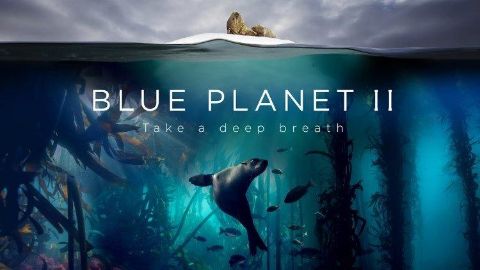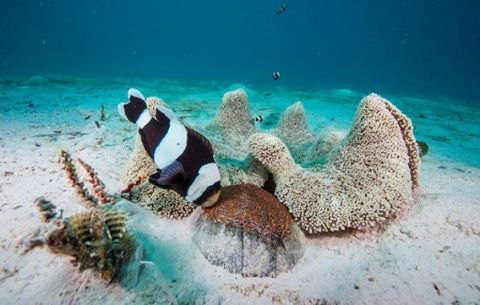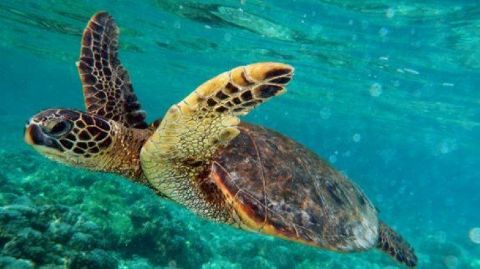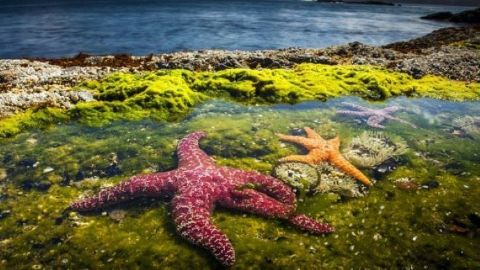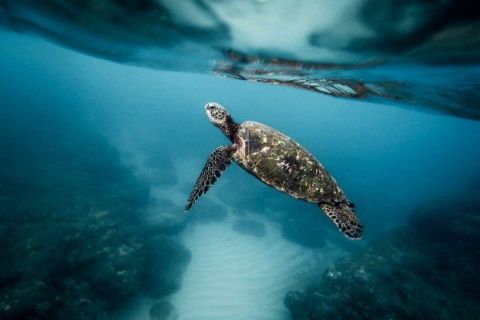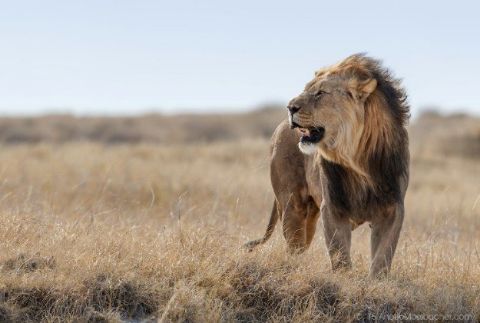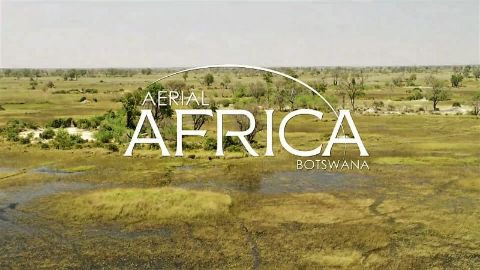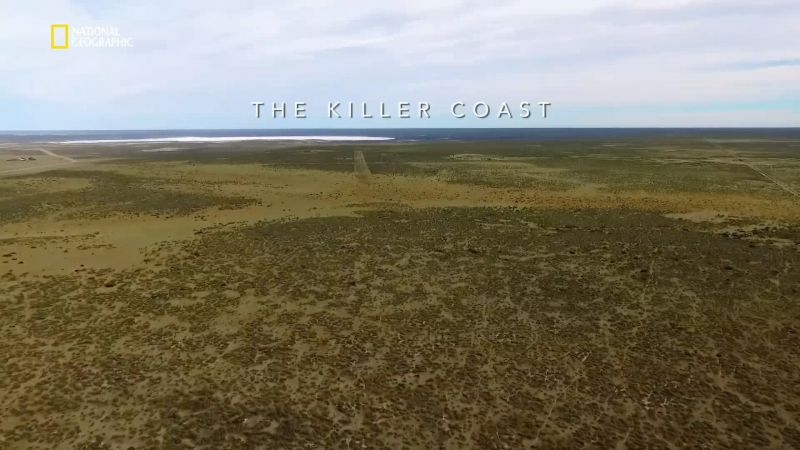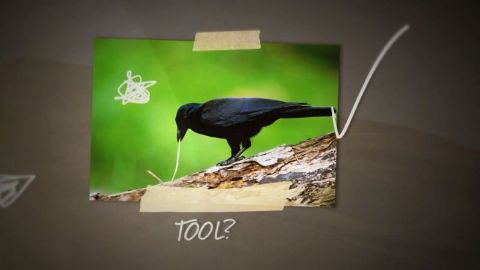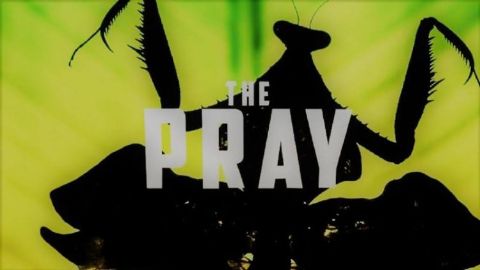Blue Planet II • 2017 - 2018 • 8 episodes •
In recent years, our knowledge of life beneath the waves has been transformed. Using cutting-edge technology, One Ocean takes us on a journey from the intense heat of the tropics to our planet's frozen poles to reveal new worlds and extraordinary never-before-seen animal behaviours.
2017 • Nature
The deep is perhaps the most hostile environment on earth, at least to us - a world of crushing pressure, brutal cold and utter darkness. We have barely begun to explore it, and yet it is the largest living space on the planet. Scientists already think that there is more life in the deep than anywhere else on earth. This episode takes us on an epic journey into the unknown, a realm that feels almost like science fiction. We discover alien worlds, bizarre creatures and extraordinary new behaviours never seen before. We encounter savage hordes of Humboldt squid hunting lanternfish in the depths and coral gardens flourishing in absolute darkness, with more species of coral to be found in the deep than on shallow tropical reefs.. Narrated by David Attenborough,
2017 • Nature
Coral reefs are home to a quarter of all marine species. Survival in these undersea mega-cities is a challenge with many different solutions. A turtle heads to the reef's equivalent of a health spa - but she must use trickery to avoid the queue. A remarkable Grouper uses the fish equivalent of sign language to collaborate with an octopus, flushing their prey out of hiding holes. A metre-long, ferocious-jawed Bobbit Worm hides in its tunnel. Monocle Bream retaliate by squirting water to expose its sandy lair.
2017 • Nature
The big blue is the world's greatest wilderness, far from shore and many kilometres deep. It's a vast marine desert where there is little to eat and nowhere to hide. Yet it's home to some of the biggest and most spectacular creatures on earth. This episode reveals what it takes to survive in this savage and forbidding world. We witness feats of incredible endurance, moments of high drama and extraordinary acts of heart-wrenching self-sacrifice. Every animal in the big blue must find their own unique way to survive.
2017 • Nature
Footage of wildlife inhabiting underwater kelp forests, including thousands of giant cuttlefish spawning along a restricted area of rocky reef off the south coast of Australia. Males outnumber females 11 to one, which leads to fierce competition. Larger males use brute force to drive off competition, while their smaller rivals use deception by mimicking the appearance of females. The programme also features tiger sharks hunting for green turtles in fields of seagrass and spider crabs trying to avoid predators while they shed their shells.
2017 • Nature
At the coast, two worlds collide. Coasts is the story of how our Blue Planet’s wildlife survives in this ever changing world. It’s a roller-coaster ride of heart stopping action and epic drama, with characters from beautiful to bizarre. This episode is a rollercoaster ride of heart-stopping action and epic drama, peopled with characters from the beautiful to the bizarre. We meet fish that live on dry land and puffins that must travel 60 miles or more for a single meal, and witness a life-and-death struggle in a technicolour rock pool.
2017 • Nature
Blue Planet II explores parts of the ocean that nobody has ever visited, encountered extraordinary animals, and discovered new insights into life beneath the waves. In Our Blue Planet, Sir David Attenborough examines the impact of human life on life in the ocean. In this final episode, we uncover the impact that our modern lives are having on our best-loved characters from across the series, including devoted albatross parents unwittingly feeding their chicks discarded plastic and mother dolphins potentially exposing their newborn calves to pollutants through their contaminated milk. Scientists have even discovered that increasing noise levels may stop baby clownfish finding their way home.
2017 • Nature
This extended special of the nature documentary series journeys from the equator to the unexplored depths, meeting the best-loved characters from the series.
2018 • Nature

